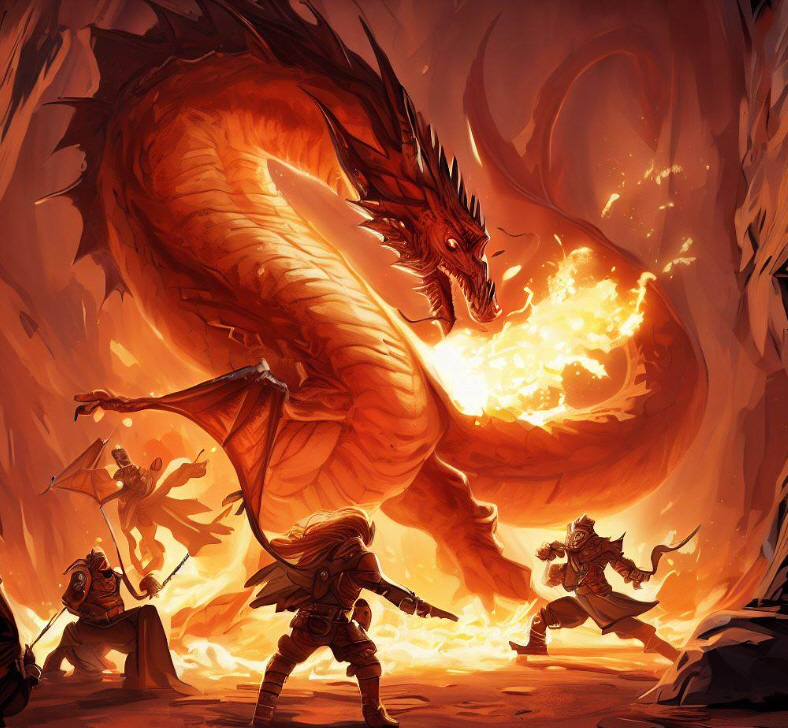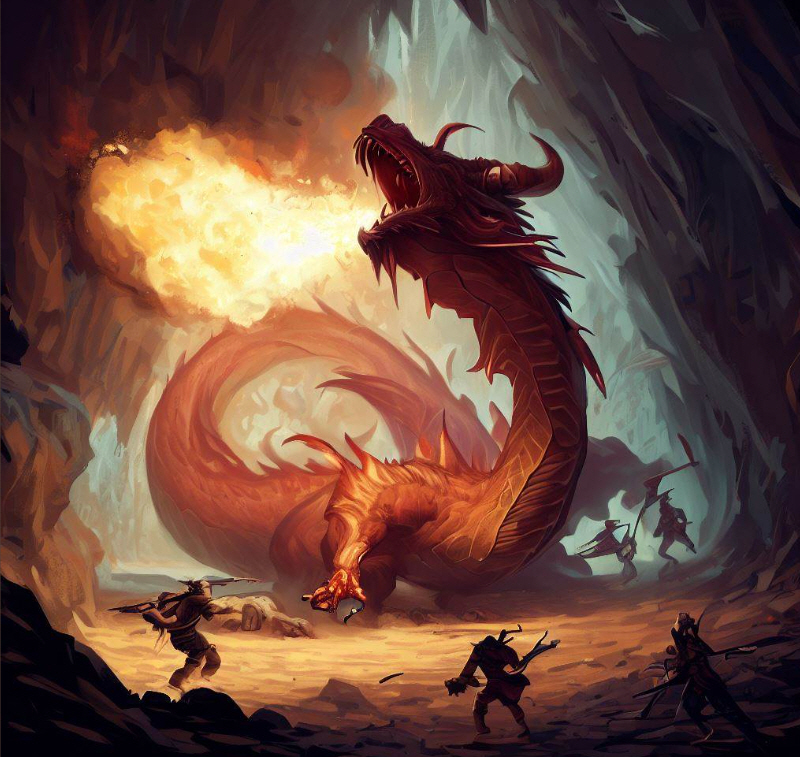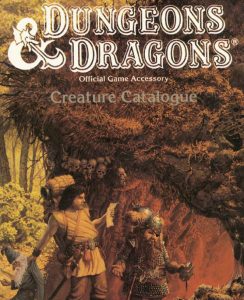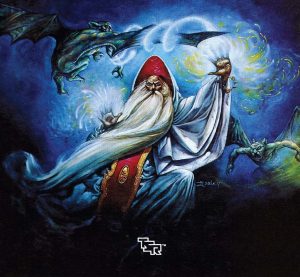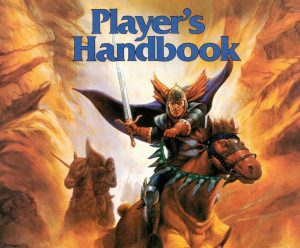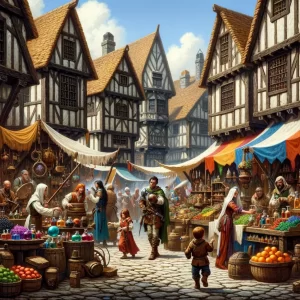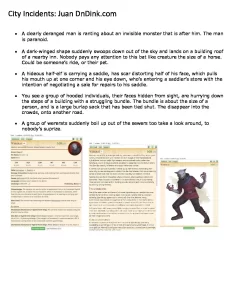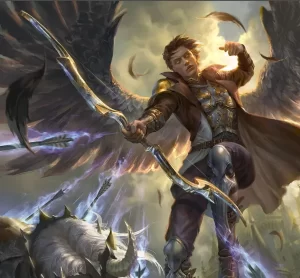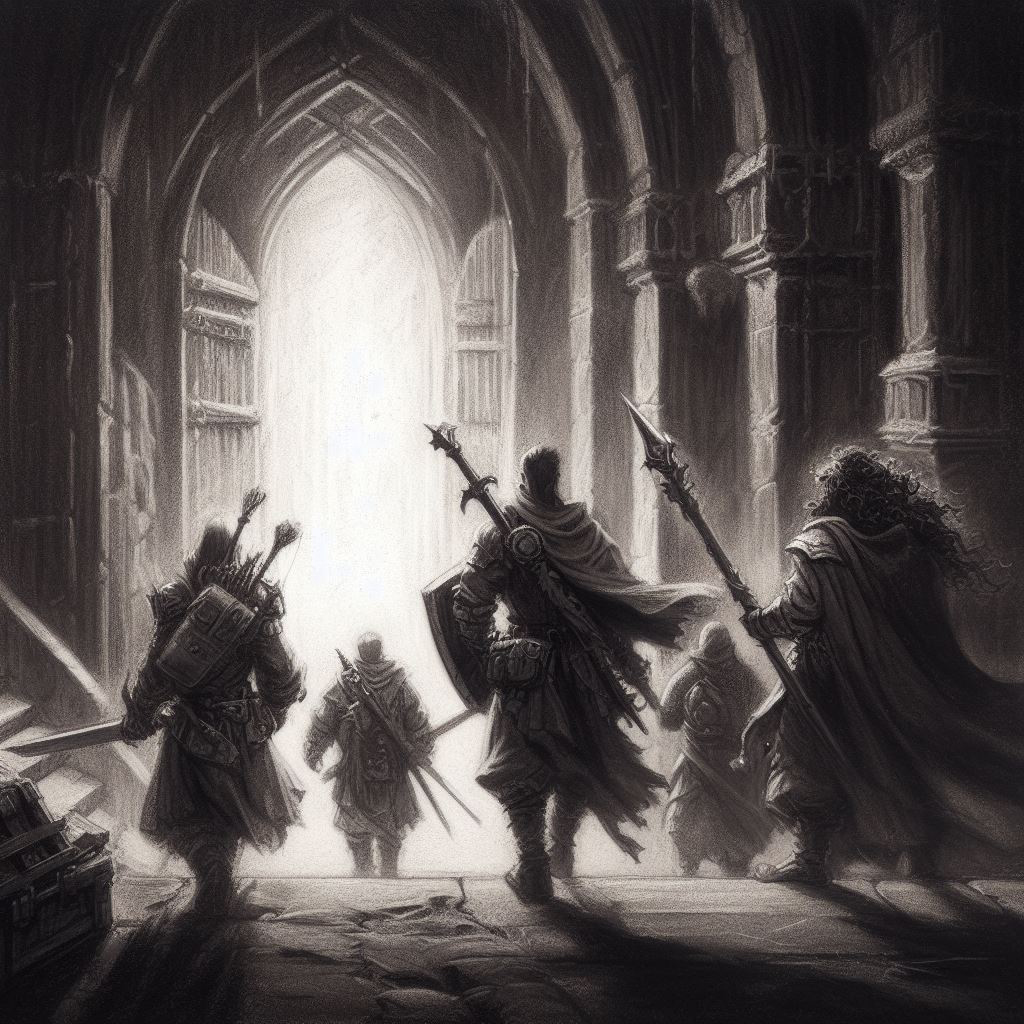
An ancient dragon represents one of the most formidable challenges a party can face in Dungeons & Dragons. With their awe-inspiring size, devastating breath weapons, spellcasting capabilities, and an arsenal of fearsome legendary actions, these behemoths of the fantasy world can decimate unprepared parties. Defeating an ancient dragon requires careful planning, teamwork, and strategic use of the party's abilities.
A well-rounded party typically comprises a mixture of melee-focused characters such as Fighters, Paladins, or Barbarians, spellcasters like Wizards, Sorcerers, or Druids, and utility or support characters like Rogues, Bards, or Clerics. Each member plays a critical role in overcoming a dragon's potent defenses.
Preparation is the first step towards success. Knowledge is power in D&D, and this is particularly true when facing a creature as formidable as an ancient dragon. Spellcasters with access to the spell 'Legend Lore' or 'Divination' can gather crucial information about the dragon, such as its type (and thus its damage resistances and immunities), its preferred lair, and any special abilities or tactics it might have. The party can then plan their strategy and assemble resources accordingly.
In combat, frontline characters play an essential role by drawing the dragon's attention and absorbing the brunt of its physical attacks. Barbarians, with their high hit points and damage resistance, can serve as effective damage sponges. Fighters, particularly those of the Battle Master archetype, can exploit maneuvers like Trip Attack to attempt to knock the dragon prone, giving melee attacks advantage. Paladins can use their Divine Smite to deal significant radiant damage, which few creatures resist.
Spellcasters can use their abilities for both offense and defense. Control spells like 'Hold Monster' or 'Banishment' can incapacitate the dragon or remove it from the fight temporarily, while damage-dealing spells such as 'Disintegrate' or 'Meteor Swarm' can whittle down its large pool of hit points. Buffing spells like 'Haste' or 'Heroism' can enhance the abilities of frontline characters, while defensive spells like 'Counterspell' can neutralize the dragon's own magic.
Support characters provide critical utility both in and out of combat. Rogues, with their Sneak Attack, can deal substantial damage if they attack strategically. Their evasion ability also provides resilience against the dragon's breath weapon. Bards can bolster the party's efforts with Bardic Inspiration, heal allies with spells like 'Cure Wounds', or hinder the dragon using spells like 'Tasha's Hideous Laughter'. Clerics bring potent healing magic to keep the party in fighting shape, along with powerful offensive options like 'Divine Word' or 'Flame Strike'. Their Turn Undead feature, when enhanced to Destroy Undead, can be a game-changer if the dragon employs undead minions.
However, fighting an ancient dragon is not merely about managing resources and optimizing damage. The environment, often chosen by the dragon for its tactical advantage, plays a significant role in these encounters. The party might have to navigate difficult terrain, contend with lair actions, or deal with the dragon's minions. Spellcasters can use spells like 'Fly', 'Levitate', or 'Teleport' to navigate the environment, while characters with abilities like the Ranger's Natural Explorer or the Rogue's Expertise in relevant skills can help the party mitigate environmental challenges.
Remember that in D&D, brute force is not always the best approach. Diplomacy, deception, or negotiation can sometimes win the day. Charismatic characters, or those with abilities that can influence others, such as the Bard's Persuasion skill or the Warlock's 'Charm Monster' spell, might sway the dragon, especially if the party can offer something valuable in return.
Ultimately, defeating an ancient dragon is a test of the party's resourcefulness, teamwork, and strategic thinking. It requires every member to utilize their abilities to their fullest extent, adapt to the dynamic challenges of the battlefield, and stand firm in the face of overwhelming power. The victory, when achieved, is a testament to the party's strength and unity, a story to be told down the ages in the grand tradition of epic fantasy.
